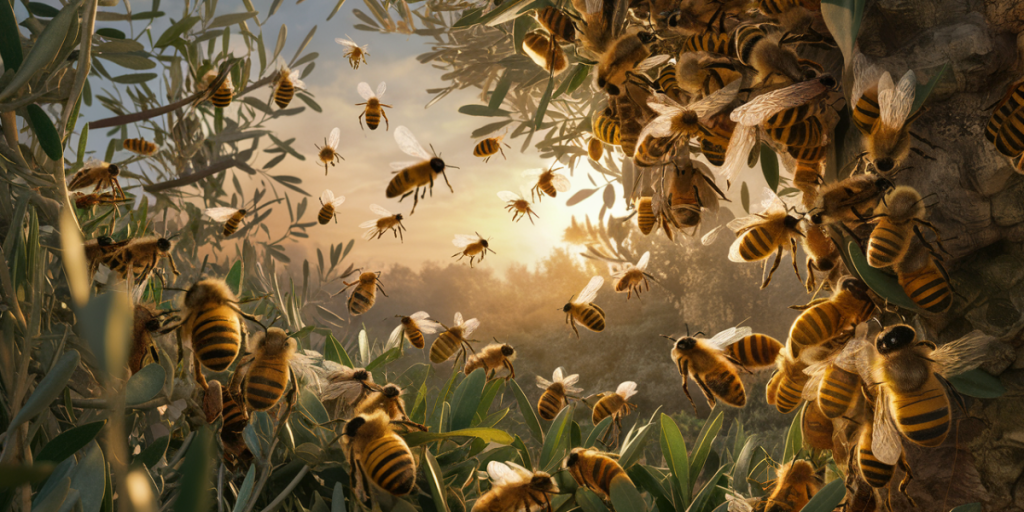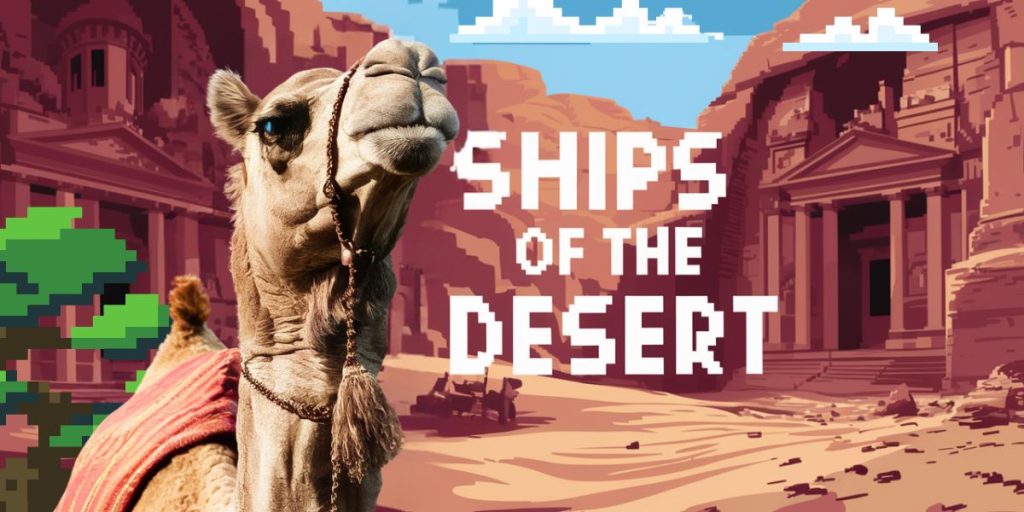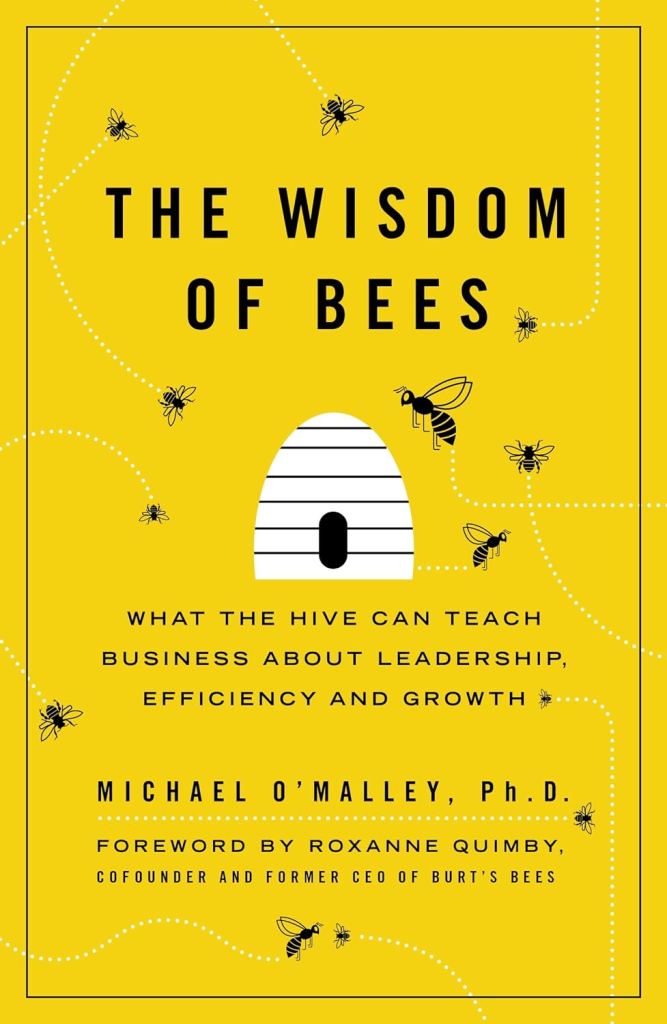For more than 20 years, I have been involved in mobile value-added services and games. I began exploring this industry in 1999 with a focus on innovation when I had the chance to join a Jordanian startup. This company was one of the first mobile value-added service companies, not only in the region but also a leader worldwide in this field. I was fortunate to be interviewed by the founder, who trusted his gut feeling during our first meeting and decided to hire an agricultural engineer with a knowledge of technology. I became part of a dynamic team composed of top engineers and business thought leaders. A few years later, this operation was acquired by a large international corporation, and I underwent various career paths with mobile technology companies across different countries, including the United Arab Emirates, Egypt, Qatar, and France.

Despite having a bachelor’s degree in Agricultural Engineering, it has been crucial to my success. I later pursued a doctoral degree in mobile game localization and culturalization to adapt games for different audiences. I also obtained master’s degrees in business and diplomas in telecommunications to expand my expertise. These academic pursuits have influenced my entrepreneurial journey, giving me a diverse perspective and the knowledge to navigate the mobile services and gaming industry landscape. I want to highlight again how a connection to nature and agriculture is very relevant to the entrepreneurial journey.
As an entrepreneur who studied Agricultural Engineering, my journey into insects and entomology began with a childhood fascination that never faded. Growing up, I watched in astonishment as bees buzzed around our family’s agricultural ventures, particularly the beekeeping and honey production business founded by my late father. Despite his primary focus on architecture as an Architectural Engineer education, my father instilled in me a deep appreciation for the natural world and the intricate workings of bee colonies.
I often daydream about the bustling world of honeybees and their intricate social structures. If you asked me today what animal I’d like to be, I’d tell you a bee without hesitation. Something is stunning about their hive mentality, tireless work ethic, and vital role in ecosystems worldwide.

Bees are insects belonging to the order Hymenoptera and the family Apidae. Bees are known for their crucial role in pollination and honey production, making them essential contributors to ecosystems and agriculture.
Plus, who wouldn’t want to spend their days flitting from flower to flower, collecting nectar and pollen, all while contributing to the greater good of the colony?
My affection for bees does not overshadow my admiration for animals like my favorite, the camel. Many are surprised to learn this, especially since my company is named Maysalward, which means “Pride of the Lion.” They often assume that the lion is my favorite animal. However, I must apologize for the surprise—camels are my favorite.
Camels, for instance. They embody a sense of resilience and passion that I find deeply inspiring. Just think about it: traversing vast deserts with unwavering determination, their humps laden with life-sustaining sustenance. Camels symbolize perseverance and adaptability, much like bees symbolize community and cooperation. Camels are also a cultural connection to my Middle Eastern roots, which I am proud of.

As the founder of the first mobile game studio in the MENA region, my entrepreneurial journey has been anything but conventional. Drawing inspiration from my background in agriculture and beekeeping, I have infused my startup with the same principles of cooperation, community, and productivity that define the workings of a beehive. Those who have tracked my entrepreneurial journey over the past 20 years can easily see the impact.
From the outset, I’ve strived to create a company culture that mirrors nature’s most efficient pollinators’ resilience, teamwork, and innovation. As bees work tirelessly to gather nectar and pollen, my team and I constantly buzz with creative energy, seeking new ideas and opportunities to thrive in the ever-evolving mobile gaming world. You can see in our workplace where my bee-like mentality shines through. Also, Male bees indirectly support female empowerment within the hive by allowing female worker bees to lead in essential tasks, fostering a collaborative environment where each member contributes to the collective success, highlighting the importance of shared responsibility and cooperation in achieving common goals. We at Maysalward pride ourselves on having invested in creating solid female leadership within our studio.
Whether speaking on a panel, delivering a keynote address, or engaging in casual conversation, I always find a way to weave in the parallels between agriculture, beekeeping, and entrepreneurship. This is a testament to the way I think and approach challenges—a holistic perspective that values sustainability, collaboration, and growth. I always highlight my educational background as an Agricultural engineer and my heart.
During the panel discussion at HTU University, I had the opportunity to delve into how my agricultural background influences my approach to business. I shared a personal metaphor that has guided my vision—a connection to the olive tree.
I likened my entrepreneurial journey to the growth of an olive tree. Like olive trees, successful businesses require patience, perseverance, and a long-term perspective. Olive trees take time to mature and bear fruit, often not yielding a significant harvest until several years into their growth. Similarly, in business, sustainable success usually requires laying down deep roots, nurturing relationships, and investing in the future, even if the fruits of our labor may not be immediately apparent.
Furthermore, I emphasized the importance of resilience and adaptability, traits inherent in olive trees and successful entrepreneurs. Olive trees have evolved to withstand harsh climates and thrive in challenging conditions, much like entrepreneurs must weather the ups and downs of the business landscape.
Moreover, the analogy of the olive tree underscores the value of tradition and heritage in shaping my business philosophy. Just as olive trees are deeply rooted in the cultural and agricultural traditions of many regions, my upbringing in a family immersed in agriculture has instilled in me a respect for the wisdom of the past and a commitment to honoring my roots in all my endeavors.
The olive tree is a powerful symbol of endurance, growth, and resilience—an ever-present reminder of the timeless lessons gleaned from nature that continue to shape my approach to business and life.
The olive tree and bees show the value of working together and having a long-term perspective in business. They teach us that success comes from building relationships, staying determined, and focusing on growth. They represent sustainable innovation and the enduring wisdom found in nature.
In my personal life, too, I find myself emulating the dynamic nature of a bee. Like these tireless insects, I’m constantly on the move, driven by a sense of purpose and a desire to make a meaningful impact in the world around me. And just as bees rely on their hive for support and strength, I draw strength from my community, my team, and my passion for what I do.
So, while the world of mobile gaming may seem worlds apart from the fields of agriculture and beekeeping, for me, they’re all interconnected—a symphony of creativity, collaboration, and determination that fuels my entrepreneurial spirit and drives me forward, one busy bee at a time.
One of the books I recommend that intersects significantly with the entrepreneurial journey, especially if you are setting up your mobile business, is “The Wisdom of Bees” by Michael O’Malley.

His book explores the similarities between bee colonies and successful business practices, focusing on effective leadership, teamwork, and resource allocation. O’Malley emphasizes collaboration, adaptability, and decentralized decision-making as critical principles for efficiency and growth in bee colonies and businesses. His insights highlight the importance of empowerment, support, shared responsibility, and cooperative strategies for achieving collective goals.
“The Wisdom of Bees” can be applied to a mobile game studio in the following ways:
Efficient Division of Labor: Like bees, assigning specific roles based on individual strengths and expertise in a game studio can enhance productivity and streamline development processes.
Decentralized Decision-Making: Like bees make decisions autonomously, fostering autonomy and empowerment among team members in a studio can encourage creativity and innovation.
Adaptability and Resilience: Bee colonies show adaptability to changing conditions, which is essential for game studios to navigate evolving market trends and technological advancements effectively.
Implementing these bee-inspired insights can help create a more efficient, collaborative, and resilient working environment in a game studio, leading to tremendous success and innovation in game development.
Another book within the exact scope of inspiration for entrepreneurs that I had the chance to read is “The Hidden Life of Trees: What They Feel, How They Communicate—Discoveries from a Secret World” by Peter Wohlleben. While olive trees are not explicitly mentioned in the book, Wohlleben explores a wide range of tree species and their fascinating behaviors, including their communication, cooperation, and resilience methods.
As entrepreneurs, we must remain connected to nature, as it offers many lessons and insights that can inform and enrich our business endeavors. Nature provides us with a blueprint for resilience, adaptability, and sustainable growth—qualities essential for success in the dynamic and ever-changing entrepreneurship landscape. By immersing ourselves in the natural world, we gain a deeper understanding of ecosystems, patterns of growth, and the interconnectedness of all living beings. Moreover, nature inspires creativity, innovation, and problem-solving, serving as a boundless source of inspiration for entrepreneurial ventures.
Going back to nature can teach entrepreneurs valuable lessons in stewardship, mindfulness, and sustainability, which can help businesses thrive in harmony with the environment.